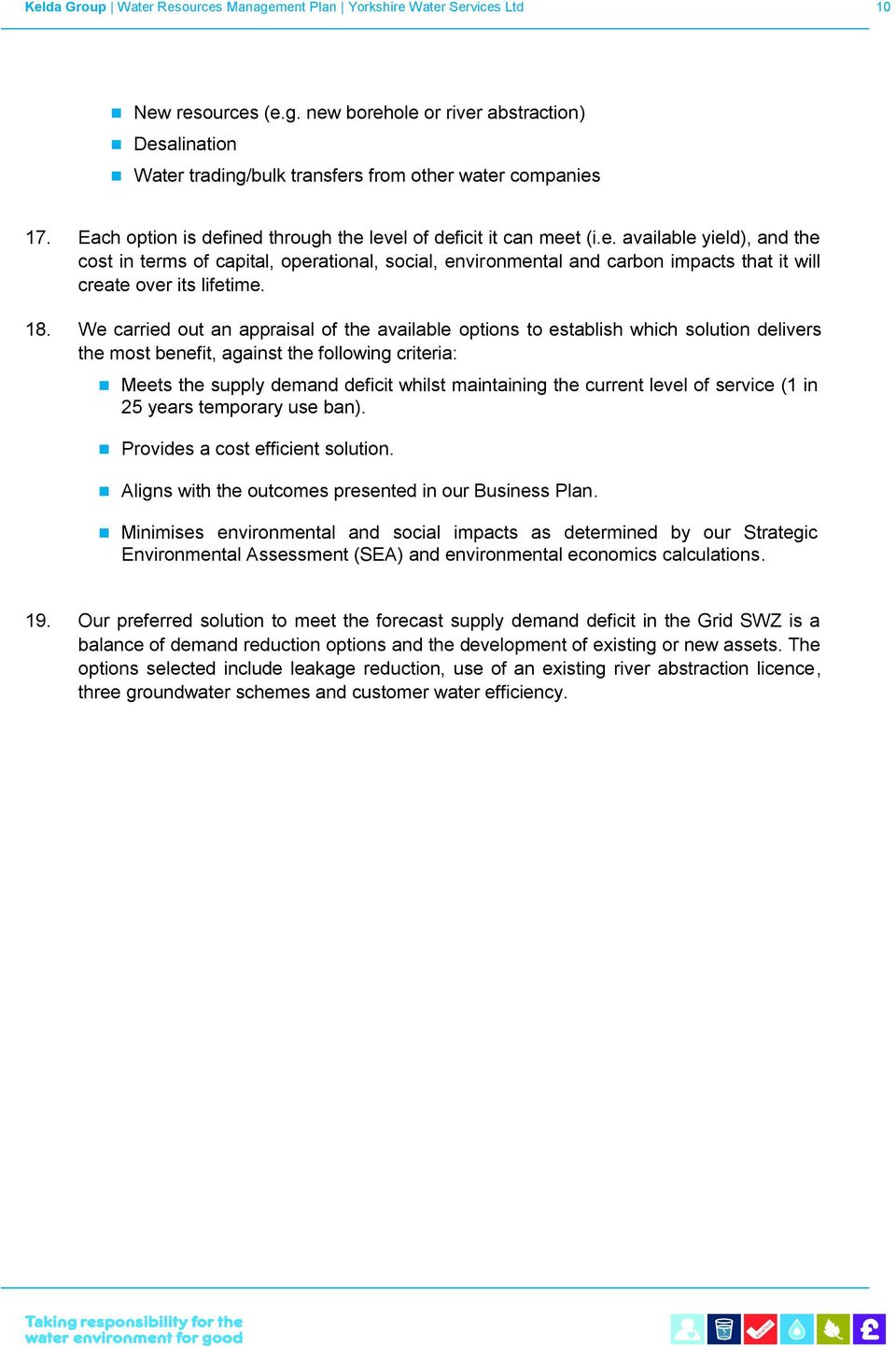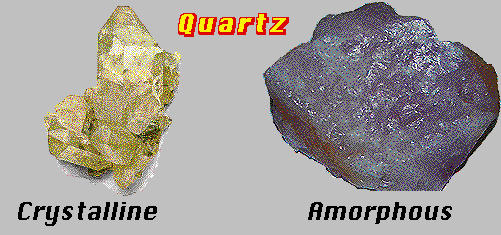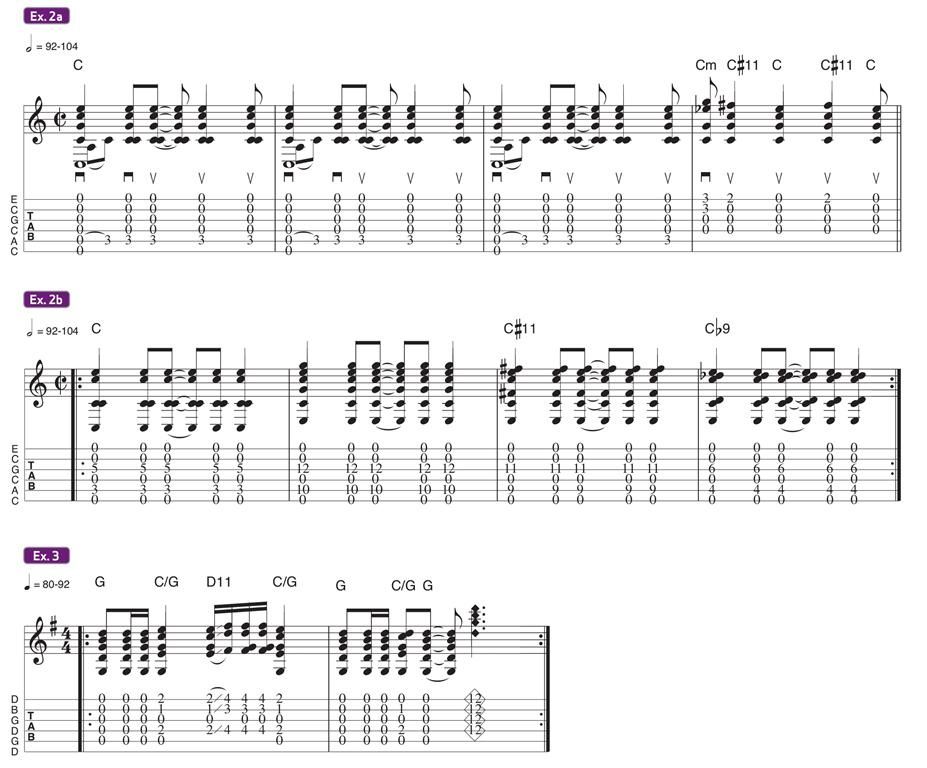Cognitive Explanations of Addiction. - A-Level Psychology.
Cognitive Explanations of Addiction. (25) The cognitive approach states that negative behaviour is caused by faulty thought processes by the person. It focuses more on why the behaviour started and more specifically why a person may come to rely on a drug or behaviour when in some cases using the drug can cause more harm than dealing with the problems they are trying to hide from.
Evaluation of the cognitive model As is usually the case with cognitive explanations it’s difficult to disentangle cause and effect (chicken and egg if you will). Research disagrees over what comes first the irrational thinking and cognitive biases (which the model assumes are causes of addiction) or the addiction, making the biases mere symptoms of the addiction.

Over time, our life experiences form the basis for a well-organized and relatively stable set of beliefs and expectations. These may include beliefs about ourselves and the world around us. These beliefs and expectations operate to influence our behavior. This happens without our full knowledge and.

This review will look at the key theories of addiction and the use of illegal drugs. It will examine dominant theories behind the psychological factors present in the decision process that leads to the intake take illegal drugs; it will define the most common aspects of addiction and outline both traditional and modern innovative treatments for individuals who have an addiction.

Cognitive behavior therapy is based on a cognitive theory of psychopathology. The cognitive model describes how people’s perceptions of, or spontaneous thoughts about, situations influence their emotional, behavioral (and often physiological) reactions. Individuals’ perceptions are often distorted and dysfunctional when they are distressed.

Essay Explain The Models Of Addiction. 5. Explain the models of addiction. (8 points) Addictive behaviors, especially substance abuse, are rampant mental health disorders. The most common additions involve alcohol, nicotine, and illicit drugs, also known as addictive substances.

The multistage model of addiction attributes addicted individuals’ strong responses to drug cues to a learning process that inculcates powerful drug-stimulus associations (e.g., Robinson and Berridge, 2000). In this view, the individual taking a drug perceives his or her present surroundings as highly significant (salient) and makes exceptionally strong mental connections between features of.

A Personal Theory of Cognitive-Behavioral Therapy Counseling Essay; The Application of Cognitive Behavioral Therapy Within a Prison Setting; The Randomized Trial Of Function- Based Cognitive Behavioral Therapy Essay; Use of Prayer and Scripture in Cognitive-Behavioral Therapy Essay; Cognitive Behavioral Therapy ( Cbt ) And A Family Systems Approach.

Essay On Cognitive Behavioral Therapy - Cognitive behavioral therapy (CBT) is a form a therapy that is short term, problem focused, cost effective, and can be provided to a broad range of disorders and is based on evidence based practices, in fact it is has the most substantial evidence based of all psychosocial therapies (Craske, 2017, p.3).

Ch. 1: Introduction to Psychological Models of Addiction Over the years, psychological principles have contributed to the development of many theories about substance use disorders and addiction. Learning theories represent one set of psychological principles that have had a strong influence on our understanding of the causes of addiction, as well as informing some of our intervention strategies.
:origin()/pre07/417e/th/pre/f/2015/206/1/9/rhetorical_question_by_lunahydreigon-d92t4xf.png)
Another cognitive model proposed tha t as addiction develops the expectancy- based control system of behaviour becomes unconscious and the refore behaviour is influenced less by conscious.

Under the cognitive addiction model, addictive behaviors derive from developing an extreme dependence on external structures to preserve psychological and physical balance. In addition, expectations, beliefs and behavior of surrounding persons play an integral role in influencing the person’s mental set.

Psychology Studies of Addiction: Cognitive Theory and Behavioral Theory essaysAddiction is a common focus of psychology studies, as substance abuse and psychological function are related on many levels. Alcohol addiction, in particular, brings about many issues since it is more socially acceptable.



